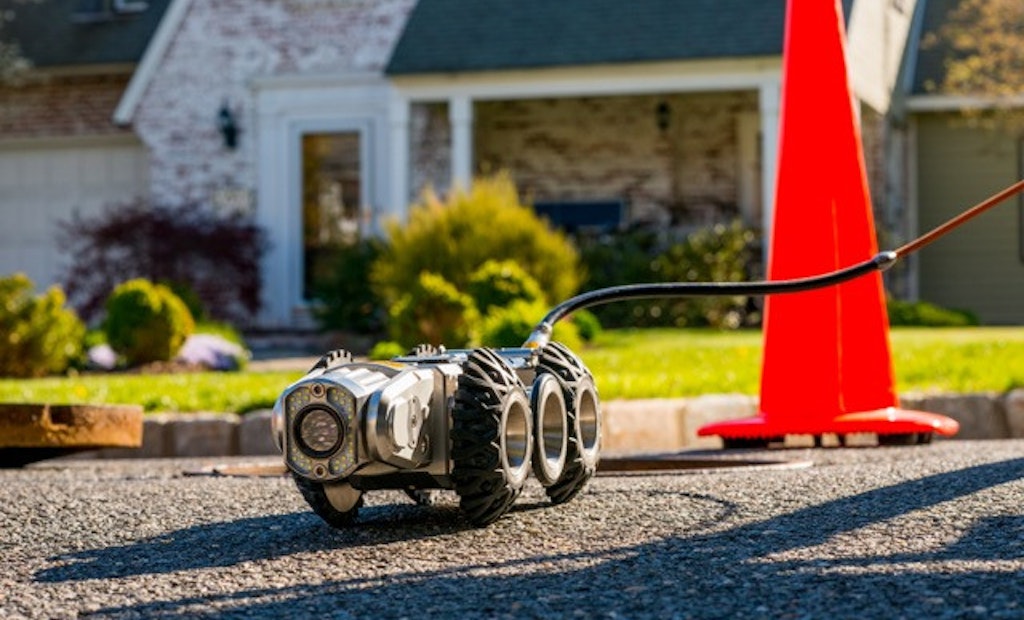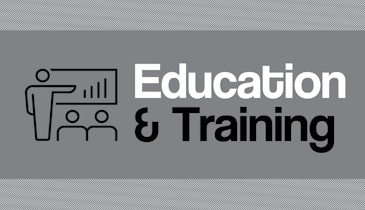Interested in Inspection?
Get Inspection articles, news and videos right in your inbox! Sign up now.
Inspection + Get AlertsLet’s face it, deciding whether to rent, lease or buy sewer inspection equipment is rarely simple. Whether you’re a municipality or a contractor, the decision can heavily impact your bottom line, how you do business, and your growth opportunities.
A wide range of considerations impact the decision, such as:
- Is the equipment essential to your business?
- What are your available financial resources?
- How heavily will you use the equipment?
- What specific features do you require?
- Have you planned for necessary maintenance and service?
- Have you anticipated total cost-of-acquisition? (Service, maintenance, interest payments, storage, service life, etc.)
At Envirosight, our team conducted research to determine the relative merits of renting, leasing and buying.
Rent
Many municipal equipment providers offer rental options. Taking advantage of short-term equipment rental can be an effective means of cutting costs and boosting productivity. This is especially true when you need capability on a per-job basis, or when you want to try out a new service offering. Other benefits include: expanded capabilities, access to the latest technology, the ability to try before you buy, flexibility, and lower maintenance and repair costs.
Lease
A lease is in essence a long-term rental agreement, under which the owner of the equipment (typically a leasing company) allows the lessee to operate the equipment in exchange for periodic lease payments. Leasing can come with a purchase option at the end of the contract. Benefits of leasing include: capital preservation, improved financials, fewer hassles, some tax incentives, and fewer financial obligations.
Buy
Buying entails assuming outright ownership of the sewer inspection equipment. Methods of buying sewer inspection equipment (new or used) include paying cash or financing the asset through a loan (similar to a car). Buying has many benefits, particularly for equipment you need long-term. Other benefits include: ownership, control, greater tax incentives, no long-term agreement, and overall savings.
.jpeg) The considerations presented above are excerpted from the whitepaper “Sewer Cameras: Rent, Lease or Buy?” The paper reveals an in-depth look at the benefits of renting, leasing or buying sewer inspection equipment. The paper will guide you toward making the decision best suited to your particular needs. Click here to read the complete whitepaper.
The considerations presented above are excerpted from the whitepaper “Sewer Cameras: Rent, Lease or Buy?” The paper reveals an in-depth look at the benefits of renting, leasing or buying sewer inspection equipment. The paper will guide you toward making the decision best suited to your particular needs. Click here to read the complete whitepaper.






